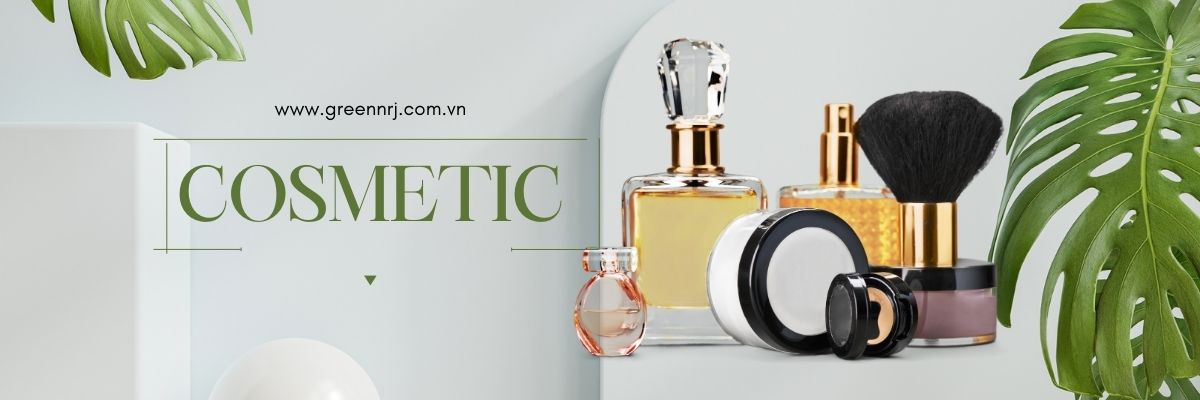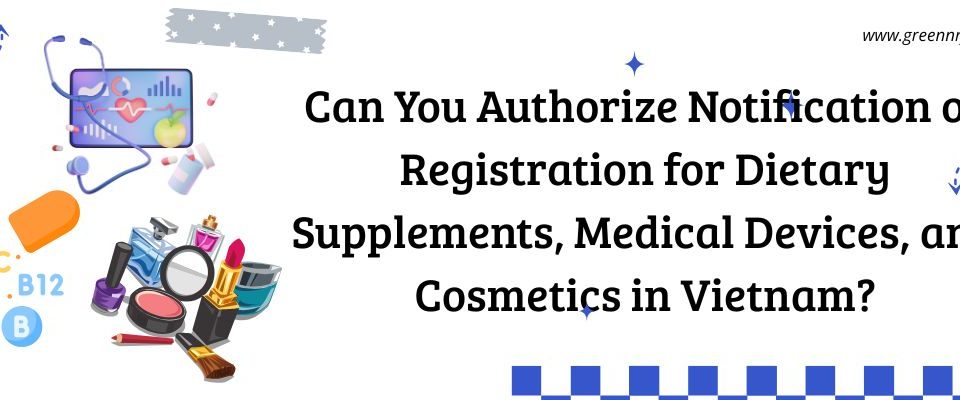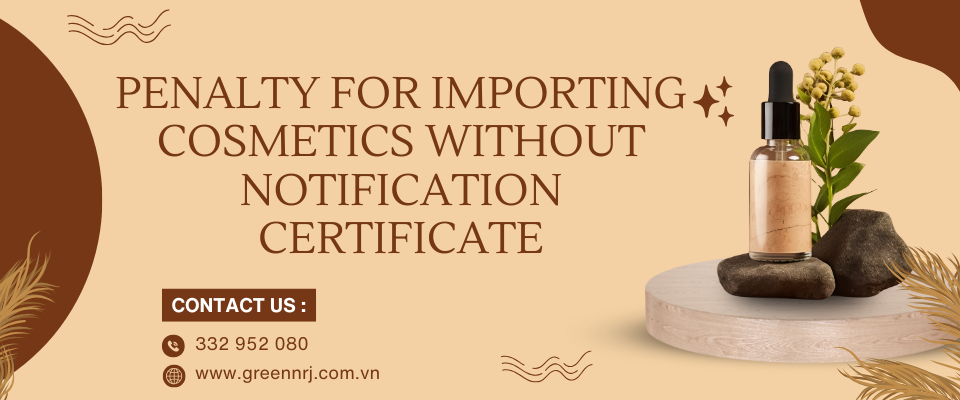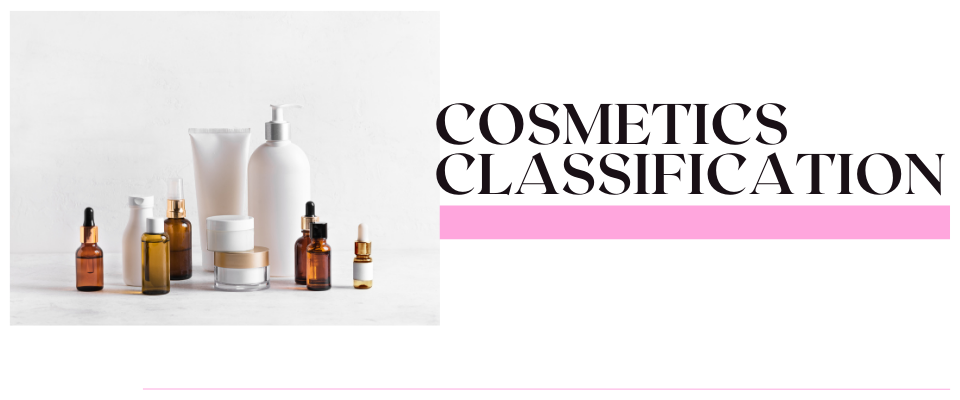- If you have any questions, please contact us!
- +84 965 624 065
- info@greennrj.com.vn

How to Start a Business in Vietnam
March 6, 2025
Import & Distribute Supplemented Food in Vietnam
March 7, 2025Introduction: Understanding Cosmetic Registration in Vietnam’s Thriving Beauty Industry
Vietnam’s beauty industry is expanding rapidly, attracting both local enterprises and global brands. To legally sell cosmetics, all products must go through cosmetic registration in Vietnam, officially known as the Cosmetic Product Notification (CPN). This process, managed by the Ministry of Health (MoH) and aligned with the ASEAN Cosmetic Directive, ensures product safety, labeling compliance, and market access. Skipping registration may lead to fines, product bans, or loss of distribution rights. In this 2025 guide, Green NRJ explains the legal definition of cosmetics, the step-by-step cosmetic product notification procedure, required documents, common pitfalls, and how our expert team supports your smooth market entry.
What Is Considered a Cosmetic Product in Vietnam? (Definition & Classification Guide)
Official Definition of Cosmetics in Vietnam
According to Vietnamese law—harmonized with the ASEAN Cosmetic Directive—a cosmetic is defined as:
“Any substance or preparation intended to be placed in contact with the external parts of the human body (epidermis, hair system, nails, lips, and external genital organs) or with the teeth and the mucous membranes of the oral cavity, with the primary purpose of cleaning, perfuming, changing appearance, protecting, maintaining condition, or correcting body odours.”
This legal definition closely follows that of other ASEAN countries, but actual classification can vary based on product ingredients, intended use, and claims made on the packaging.
Cosmetic or Drug? Key Distinctions in Vietnam
Some products marketed as cosmetics in other countries may be classified as drugs, functional foods, or medical devices in Vietnam. This distinction has major implications for regulatory approval and product launch timelines.
Common Examples of Misclassification:
-
Acne Creams with ingredients like Tretinoin or Benzoyl Peroxide: These are considered medicinal products and require drug registration, not cosmetic notification.
-
High-SPF Sunscreens with therapeutic or pharmaceutical claims: These may face extra scrutiny and require approvals beyond the cosmetic framework.
Compliance Tip: Avoid Therapeutic Claims
To comply with Vietnamese cosmetic regulations and the ASEAN Cosmetic Claims Guidelines, make sure your labeling and advertising:
-
Do not suggest medical or therapeutic effects (e.g., “cures acne,” “treats eczema”)
-
Stick to allowable cosmetic claims like “moisturizes,” “brightens skin tone,” or “reduces appearance of wrinkles”
-
Avoid unsubstantiated or misleading claims that could reclassify your product as a drug
Understanding these legal definitions and classification rules is the first step to ensuring a smooth cosmetic registration in Vietnam. Misclassifying your product could lead to regulatory delays, fines, or even product bans.
What Is Cosmetic Product Notification in Vietnam? (Definition & Purpose)
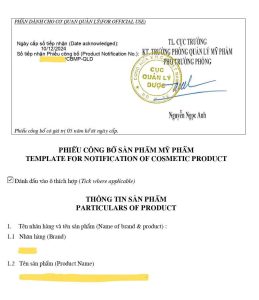
Cosmetic Product Notification (CPN) is the official regulatory procedure required by the Vietnamese Ministry of Health (MoH) to legally allow the sale, importation, and distribution of cosmetic products in Vietnam. Unlike a full pre-market approval process, Vietnam follows a notification-based system aligned with the ASEAN Cosmetic Directive (ACD).
This means that businesses must submit a complete and accurate dossier of their cosmetic product to the Drug Administration of Vietnam (DAV) via the MoH’s online Cosmetic Notification Portal. Once the application is reviewed and accepted, the product is assigned a Cosmetic Product Notification Number—a unique identifier that confirms compliance with Vietnamese safety, labeling, and regulatory requirements.
Key Features of Cosmetic Product Notification:
-
Mandatory for all cosmetic products marketed in Vietnam, whether imported or locally produced.
-
Not a license or certificate, but a formal acknowledgement of compliance.
-
The responsibility for product safety and regulatory adherence rests fully on the applicant.
-
The notification number is valid for 5 years and requires renewal before expiry.
-
No cosmetic product may be legally imported, advertised, or sold without a valid notification number issued by DAV.
Why Cosmetic Product Notification Matters:
Vietnam’s notification system ensures that only safe, compliant cosmetics enter the market, protecting consumers and maintaining fair competition. It also provides legal clarity and accountability for businesses operating in the country.
Important: Selling or distributing cosmetics without completing the Cosmetic Product Notification can lead to serious consequences, including product seizures, fines, and bans.
Regulatory Framework: Key Legal Basis
Cosmetic registration in Vietnam is governed by both national laws and the ASEAN Cosmetic Directive (ACD). Businesses must comply with the following core regulations:
-
Circular 06/2011/TT-BYT – The main regulation on cosmetic management, covering classification, dossier requirements, labeling, advertising, and penalties.
-
ASEAN Cosmetic Directive (ACD) – Applied in Vietnam to harmonize standards on safety, labeling, restricted substances, and claims across ASEAN countries.
-
Decree 93/2016/ND-CP – Regulates the establishment and operation of cosmetic manufacturers and traders, including licensing, facilities, and staff requirements.
-
Drug Administration of Vietnam (DAV) – The competent authority under the Ministry of Health, responsible for dossier review, issuing notification numbers, market surveillance, and handling violations.
Who Must Apply for Cosmetic Product Notification in Vietnam?
Under current regulations, the responsibility for cosmetic registration in Vietnam (Cosmetic Product Notification – CPN) lies with:
-
Importers of cosmetics – must complete the notification before customs clearance.
-
Domestic cosmetic manufacturers – must notify products before distribution in the market.
-
Authorized entities (Cosmetic Notification Holder – CNH) – required when the brand owner is located overseas and appoints a Vietnamese company to act on its behalf.
Condition: The applicant must hold a valid Enterprise Registration Certificate (ERC) with business lines covering cosmetic manufacturing or cosmetic trading.
Required Documents for Cosmetic Registration: Complete Checklist for Vietnam
A complete and accurate dossier is essential for successfully submitting a cosmetic product notification in Vietnam. Incomplete, missing, or incorrectly prepared documents are among the top reasons for rejection by the Drug Administration of Vietnam (DAV).
Below is the updated list of required documents for cosmetic notification in Vietnam, applicable to both local manufacturers and importers.
| Document | Local Manufacturer | Importer | Explanation (Legal Basis) |
|---|---|---|---|
| Cosmetic Product Notification Form (Annex 01-MP, Circular 06/2011/TT-BYT) | Required | Required | The official legal form submitted to the Drug Administration of Vietnam (DAV), Ministry of Health, to obtain a Cosmetic Product Notification Number. |
| Enterprise Registration Certificate (ERC) of the applicant | Required | Required | Issued by the Department of Planning and Investment. The business lines must include cosmetic manufacturing or cosmetic trading. |
| Letter of Authorization (LOA)/Power of Attorney from the brand owner | Not required | Required | For imported cosmetics, the foreign brand owner/manufacturer must authorize a Vietnamese entity to act as the Cosmetic Notification Holder (CNH). The LOA must be consular legalized, translated into Vietnamese, and notarized. |
| Full Product Formula | Required | Required | Must list all ingredients using INCI names with exact concentrations. The formula must comply with the ASEAN Cosmetic Directive (ACD) and restricted/prohibited substances list. |
| Certificate of Free Sale (CFS) | Not required | Required | Issued by the competent authority in the exporting country, confirming the product is legally marketed there. The CFS must be consular legalized by the Vietnamese Embassy/Consulate. |
| Product Label (with Vietnamese translation) | Required | Required | Labels must comply with Decree 43/2017/ND-CP on goods labeling and the Ministry of Health’s cosmetic labeling requirements. |
| Product Testing Report | Required | Not required | Conducted by a qualified testing laboratory, confirming that the product meets quality and safety requirements under the ASEAN Cosmetic Directive. |
Translation & Legalization:
-
All documents in a foreign language must be translated into Vietnamese and notarized by a Vietnamese authority or licensed service provider.
-
CFS and LOA must be legalized by the Vietnamese Embassy in the exporting country.
Step-by-Step Process for Cosmetic Registration in Vietnam
To legally import or distribute cosmetics in Vietnam, businesses must complete the cosmetic product notification process via the Ministry of Health’s National Single Window Portal.
Step 1: Prepare the Cosmetic Notification Dossier
The company must review and compile the dossier in accordance with Ministry of Health regulations. All documents must be complete, valid, translated into Vietnamese, and consular legalized if issued abroad.
Step 2: Submit the Application via the MoH Online Portal
The cosmetic registration in Vietnam is processed entirely online through the Vietnam Ministry of Health’s Cosmetic Notification Portal.
-
Register a business account on the portal: https://vnsw.gov.vn
-
Upload all documents in accepted formats (PDF, DOC, etc.)
-
Pay the official government fee of 500,000 VND per product (non-refundable) via online payment methods
Tip: Make sure filenames are clear and documents are organized by product to avoid confusion during the DAV review.
Step 3: Review by the Drug Administration of Vietnam (DAV)
Once submitted, the dossier is reviewed by the Drug Administration of Vietnam (DAV).
-
Processing time: Approximately 30–45 working days
-
If any issue is found, DAV will issue a correction notice
-
You must respond and resubmit corrected documents within 15–30 days, or the application will be automatically canceled
Step 4: Receive the Cosmetic Product Notification Number
If approved, DAV will issue an official Cosmetic Product Notification Number. This serves as the legal basis for:
-
Importing cosmetic products into Vietnam
-
Marketing and selling cosmetics in Vietnam
-
Distribution to retail channels or partners
Post-Notification Obligations and Ongoing Compliance
Once the Cosmetic Product Notification Number is issued, the applicant (importer, manufacturer, or Cosmetic Notification Holder) must:
-
Use the correct notification number on all dossiers, labels, and related documents.
-
Report any serious adverse events (SAEs) to the Drug Administration of Vietnam (DAV) immediately.
-
Follow advertising rules, avoiding misleading claims or therapeutic indications.
-
Renew the notification before its 5-year expiry to maintain market authorization.
⚠️ Non-compliance may result in administrative fines, product recalls, or cancellation of the notification.
Common Pitfalls and Tips for a Smooth Registration
Top Mistakes to Avoid in Vietnam Cosmetic Notification
-
Submitting Incomplete or Inaccurate Dossiers
-
Missing documents, incorrect formats, or mismatched information can lead to rejection by the Drug Administration of Vietnam (DAV).
-
-
Poor or Inaccurate Vietnamese Translations
-
All foreign documents must be translated and notarized properly. Misinterpretations may result in non-compliance.
-
-
Making Prohibited Marketing Claims
-
Terms like “treats acne,” “heals eczema,” or other therapeutic promises are banned under ASEAN Cosmetic Claims Guidelines.
-
-
Incorrect or Missing Product Labels in Vietnamese
-
Labels must follow the Ministry of Health’s labeling regulations, including all mandatory elements in Vietnamese.
-
-
Failure to Renew the Notification on Time
-
Notification numbers are valid for 5 years. Missed renewals may result in product delisting and loss of market access.
-
Best Practices for Smooth Cosmetic Registration in Vietnam
-
Consult Regulatory Experts Early
-
Work with a Vietnam cosmetic registration consultant to ensure your documents meet MoH and ASEAN standards.
-
-
Perform a Pre-Submission Compliance Check
-
Verify your product formula, labeling, and claims are aligned with Vietnam’s legal requirements before submission.
-
-
Stay Updated on MoH and DAV Announcements
-
Regulations and procedures may change. Regularly check official sources or subscribe to regulatory alerts.
-
-
Appoint a Reliable Local Representative (for Imported Products)
-
Foreign companies must authorize a local importer or subsidiary to submit the notification on their behalf via a Letter of Authorization (LOA).
-
How Green NRJ Supports Your Cosmetic Business in Vietnam
At Green NRJ, we understand that navigating Vietnam’s regulatory landscape can be challenging for foreign companies and startups. We offer a full-service cosmetic registration solution tailored to your product and brand goals.
Our services include:
-
Regulatory strategy and eligibility check
-
Dossier compilation, translation & notarization
-
Online submission and coordination with DAV
-
Handling clarifications and re-submissions
-
Post-registration support & compliance monitoring
With Green NRJ, you benefit from:
-
Fast turnaround
-
Transparent pricing
-
Professional legal support
-
100% compliance guaranteed
Conclusion: Bring Your Cosmetic Products to Vietnam Legally and Smoothly
Entering Vietnam’s fast-growing beauty market requires strict compliance with cosmetic registration in Vietnam. By completing the cosmetic product notification process, brands can import, advertise, and distribute products legally while avoiding costly delays. Green NRJ provides end-to-end support—from dossier preparation to approval and post-market compliance—ensuring your registration is accurate and timely.
✅ Ready to register your cosmetic products in Vietnam?
📞 Contact Green NRJ today for a free consultation and personalized registration plan.
Let’s grow your beauty business together — the legal, smart, and seamless way.

